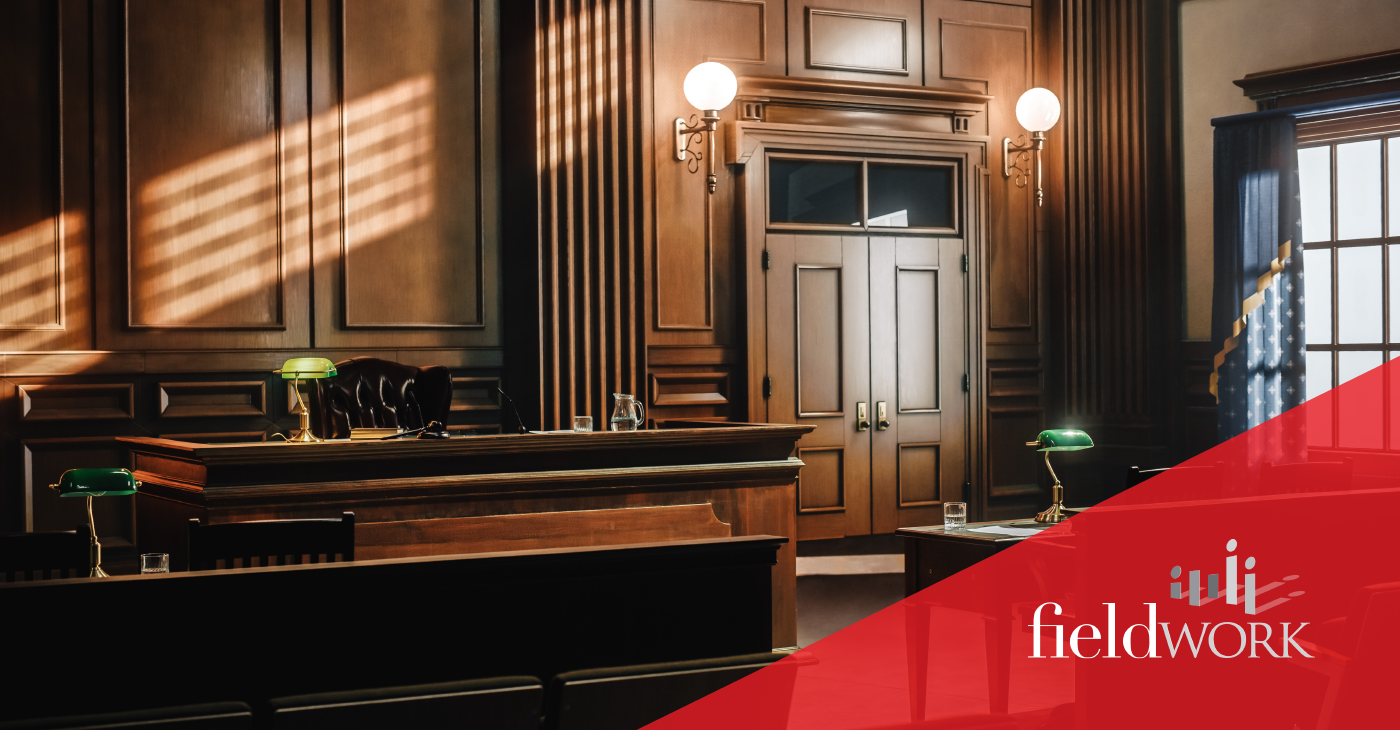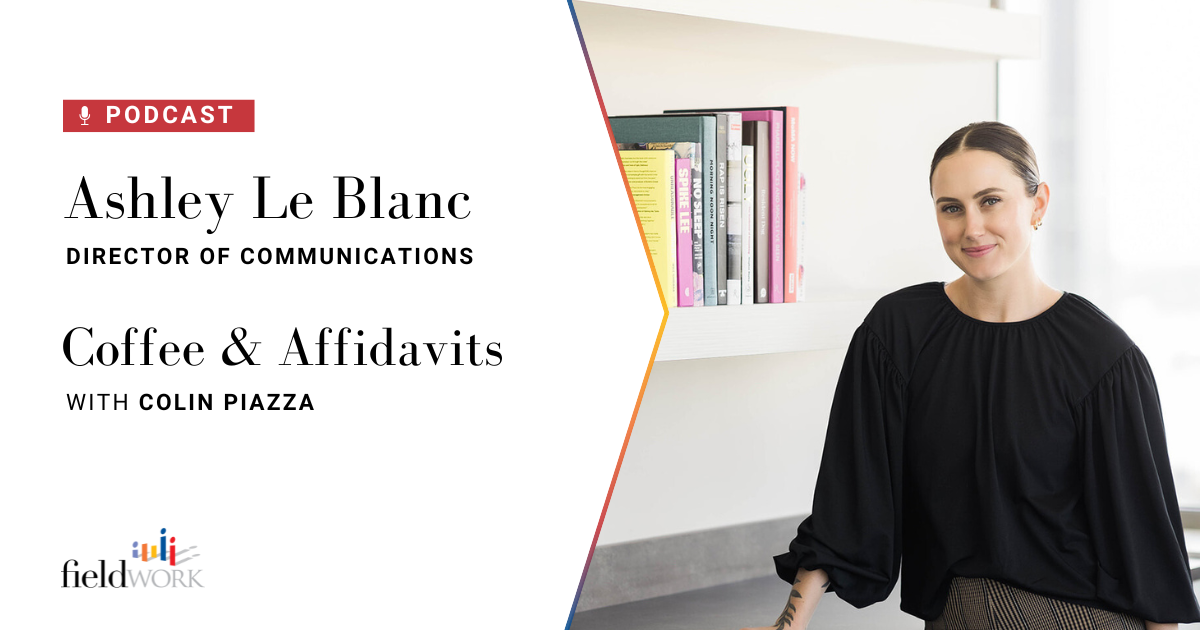Trials are complicated and waiting for the verdict can be nerve-racking. As a legal professional you wonder if the evidence emphasized was the strongest. Did your closing argument resonate with the jurors? Did you ask for too much money, too little? Did you even select the right people for the jury in the first place?
"A mock trial is like testing your sailboat in rough waters before setting off on your trip around the world. You want to find every leak BEFORE you set off." – Sarah E Murray, MA, President & Senior Consultant, Trialcraft
Test Before Full Launch
Trial consultants know all the above questions, and more can be answered prior to the official trial. Mock trial cases offer a significant advantage for identifying key theories in the counsel's early case assessment and later stage case evaluation. Lawyers and consultants obtain meaningful insights with a preemptive view into jurors' minds. Without this proactive measure, businesses risk losing a trial that could have been won had the law firm used appropriate preparation.
Evaluate Your Narrative
Just like one should never open a Broadway show without a preview, a trial should never be your first attempt to tell your story in front of an audience. Every trial argument is essentially a story, and every trial has two stories in competition. Your audience (jury) will inevitably be won over, by the narrative they find most compelling. So, the reasons for using a mock trial simulation are obvious. You can observe and listen to how your case influences jurors. These insights help litigants adjust the aspects of the case to highlight and de-emphasize.
View the Case from the Jury's Perspective
Seeing your case from the jury's point of view is extremely valuable. You need to know if jurors see holes in your argument and where the case gets fuzzy or confusing to make it more straightforward. You also want to know what jurors connect with, or disconnect from, in your reasoning and presentation. Using mock jury research will give you a realistic view, from the jurors' perspective, and help you weed out any case shortcomings.
Mock trial cases also make it possible to compare and evaluate who should present the case. You can test this by using two attorneys on the matter and assess whether their personal qualities or performance style influence a jury. Additionally, you can discover if specific jury demographics correlate to a negative stance toward the client or lawyer so that you can choose a jury more prudently.
"Litigation experiences can never replace the multitude of (often shocking) information gleaned from talking to jurors." – Jessica Brylo, JD, MA, Trial Dynamics
Create a Clear and Persuasive Narrative
Whether prosecuting or defending, measuring the case’s effectiveness is critical. It's easy to be myopic and believe your claims are solid when only having your team evaluate them. As a trial expert, you know cases are complex, and attorneys need to simplify all the pieces of the puzzle into a cohesive, simple narrative.
When you employ mock jury research, you test the structure the council has assembled. Do statements hold together? Does the case hold up against opposing viewpoints? Does the jury like your client?
Improve Case Believability
A mock trial simulation is the best way to judge whether your case is credible and fully comprehensible, because you pay attention to how jurors deploy your points in group deliberation. Your themes need to go beyond acceptance on the individual level. You can observe how motivating your argument is, in the group, and how your interpretation keeps jurors on your side.
For example, if jurors defend your client using your positions in qualitative deliberation exercises, you know you are heading in the right direction. In contrast, if jurors quickly dismiss or doubt the evidence or testimony you find most central, you will immediately know your argument needs an overhaul.
Interview Jurors
You can interview your participants post-deliberation to hone in on what pieces of evidence, science, or testimony are firm in their minds. Consultants can dig into what jury members found believable and why. It is essential to know how the jury sees the facts and which events are most valuable to their decision-making.
The easier the case is to follow, the easier it is for jurors to reflect on those details, in the deliberation room, and bring other jury members into the fold. Not only can counsel observe this deliberation process, but they can also be present in the backroom asking questions to see if alternative tactics or evidence would be more credible.
"Listening to what jurors say, how they convince one another, and most importantly, the underlying reason they feel the way they do, can help you develop winning themes."
– Jessica Brylo, JD, MA, Trial Dynamics
Appraise Specific Words and Visuals
While you and your team explore how persuasive your overarching themes are to jurors, jurors can provide feedback regarding their attitudes, beliefs, and opinions about specific words. Surprisingly, some terms evoke a visceral, negative undertone that litigants may not realize.
If you have graphics or video testimony, the mock jury can inform you whether the materials used are easily digestible and trustworthy to them. You do not want to alienate jury members by creating complicated graphics or materials that are a turnoff.
Mock Trials Are A Winning Strategy
There are many reasons to measure your case's strength through mock trial simulation. Mock jury research helps you and your team create the best and most robust arguments. Nothing can replace the benefits that litigants gain from talking to jurors and hearing their perspectives. Fieldwork's expert management team, adaptable venues, and mock trial recruiting expertise give legal teams a powerful edge.
Read more in this interview with the President of Fieldwork Dallas, Jessica Josset:





